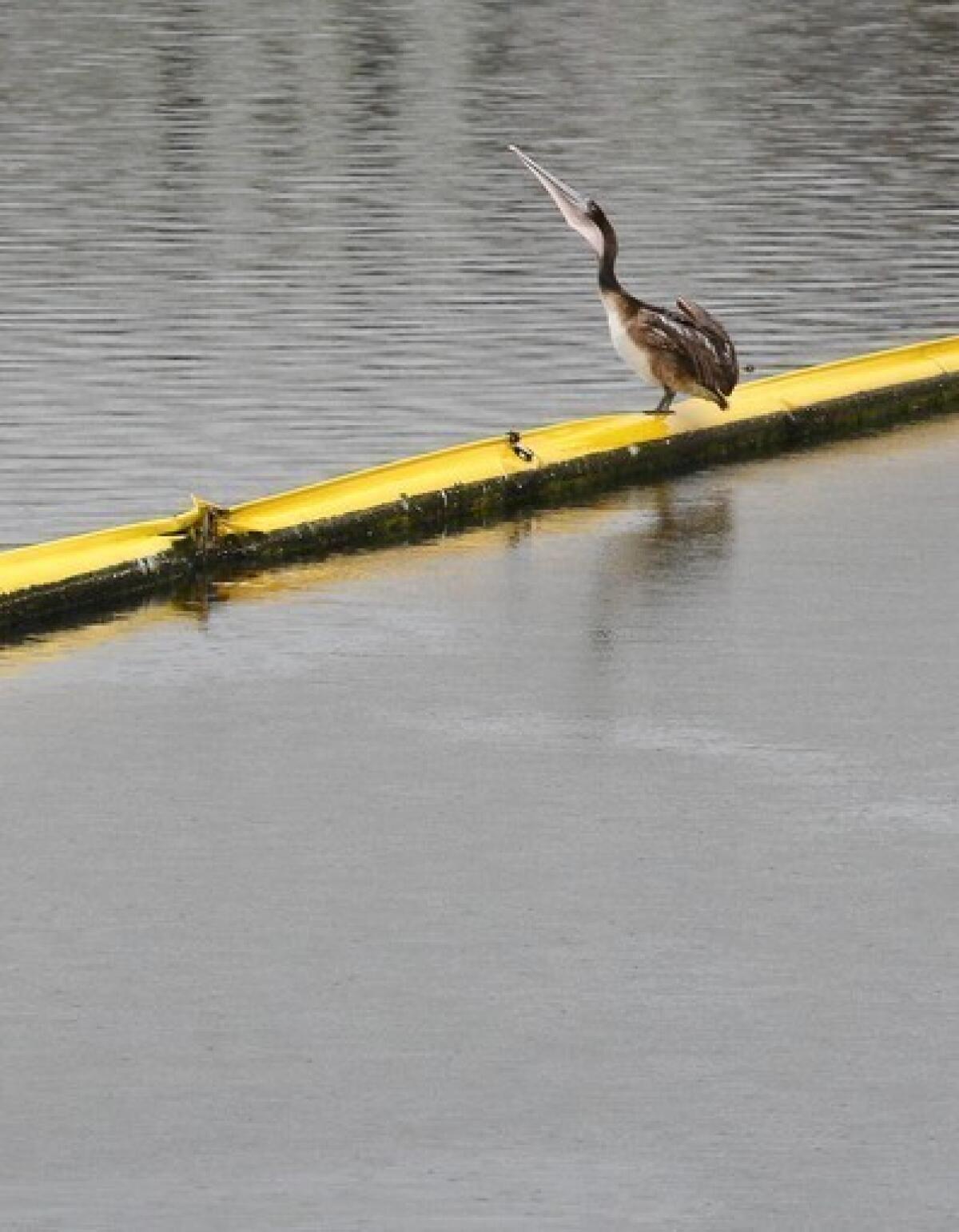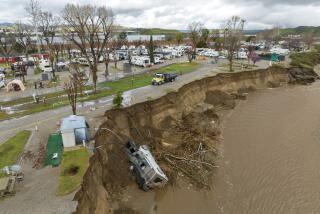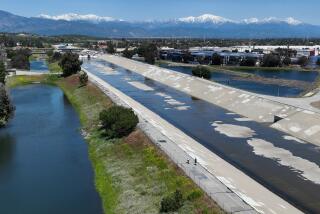High cost of fighting urban runoff examined in report

California communities spend close to half a billion dollars each year trying to prevent litter from mucking up the sensitive ecosystems of rivers, lakes and coastal waters, according to a report released recently by the Natural Resources Defense Council.
Yet urban runoff remains a serious problem for fish, birds, turtles and marine mammals that ingest it: clogged intestines, restricted movement, suffocation, loss of vital nutrients and starvation.
Then there is the derelict fishing gear — monofilament line, nets, poles, toxic lead sinkers and plastic lures that can last thousands of years — that can become deadly snares for marine life. Pylons wrapped in fishing line and dangling lures continue to entangle seals and fish, killing them.
“Trash that pollutes our streets, beaches and waterways costs local governments and California taxpayers hundreds of millions of dollars every year,” said Leila Monroe, senior attorney in the oceans program at the Natural Resources Defense Council. “That’s money down the drain that could otherwise be invested in schools, firefighters, police or improving public parks and other open spaces.”
The report surveyed 95 California cities and towns and found that regardless of their size and distance from the ocean, they are paying a high price for street sweeping, storm drain maintenance and coastal cleanup efforts. For example, those annual costs are about $36 million in Los Angeles, about $14 million in San Diego and $13 million in Long Beach.
The report features an online map of the cities surveyed, providing a breakdown of costs, including cost per capita and other information.
The report produced on behalf of the council by Kier Associates argues that California needs a comprehensive program for local governments, taxpayers and plastic producers to fairly share the financial and logistical burden of the ever-growing quantity of plastic trash.
With that goal in mind, the council and a growing coalition of waste management, community, environmental and business groups support creating a system to address many types of single-use plastics by creating incentives for industry to use less plastic packaging for their products and make them recyclable.
More to Read
Start your day right
Sign up for Essential California for news, features and recommendations from the L.A. Times and beyond in your inbox six days a week.
You may occasionally receive promotional content from the Los Angeles Times.







